Choosing the Right Cleanser for Your Curl Type
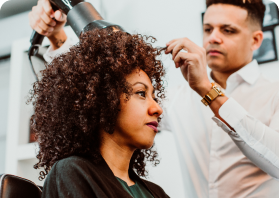
Introduction
If you have curly hair, you know it’s more than just a hairstyle—it’s a whole journey. From trying to keep your curls bouncy and defined to battling frizz and dryness, curly hair requires its own unique care routine. And at the heart of that routine is one important step: cleansing.
Cleansing curly hair isn’t as simple as grabbing any shampoo off the shelf. The texture, porosity, and health of your scalp all affect how your curls respond to different products. What works for your straight-haired friend might not work for you—and that’s okay.
This guide is here to help you understand how to choose the best cleanser for curly hair based on your unique curl type and hair needs. We’ll break down the different types of curls, what ingredients to look for, how often to wash, and why your cleanser matters more than you might think. By the end, you’ll feel more confident and better equipped to build a haircare routine that works for you.
Let’s get started.
Understanding Your Curl Type
One of the first steps in choosing the right cleanser is understanding your curl type. Curly hair falls into three main categories:
-
Type 2: Wavy
-
Type 3: Curly
-
Type 4: Coily/Kinky
Each type has its own needs, and the wrong product can leave your hair feeling dry, limp, or weighed down.
Type 2 (Wavy Hair)
Wavy hair ranges from loose S-shaped waves to more defined, beachy curls. It often gets greasy at the roots but dry at the ends. Wavy hair benefits from lightweight cleansers that don’t strip away too much natural oil or cause buildup.
Type 3 (Curly Hair)
This type has more spring and volume. The curls can range from loose ringlets to tighter corkscrews. Type 3 hair tends to be drier and more prone to frizz, which means moisture is a must. The right cleanser should clean the scalp without stripping away natural oils.
Type 4 (Coily or Kinky Hair)
Type 4 curls are tightly coiled or zig-zag in shape. This hair type is often very dry and fragile because the natural oils from the scalp have a harder time traveling down the hair shaft. Type 4 curls need rich, hydrating cleansers and gentle handling.
Knowing your curl type is the first step to picking a cleanser that supports—not fights—your hair’s natural texture.
Hair Porosity and Scalp Health
Besides curl pattern, hair porosity and scalp condition also play a big role in how your hair reacts to cleansing.
What Is Hair Porosity?
Hair porosity refers to how well your hair absorbs and retains moisture. There are three types:
-
Low porosity: The cuticle layer is tight, so it’s hard for moisture to get in. Products can sit on the surface instead of sinking in.
-
Medium porosity: The cuticle is looser, allowing moisture to flow in and out more easily.
-
High porosity: The cuticle is raised or damaged, so hair absorbs moisture quickly but loses it just as fast.
If you have low porosity hair, look for lightweight, water-based cleansers. High porosity hair needs richer products with sealing ingredients to lock in hydration.
Scalp Health Matters
Healthy curls start with a healthy scalp. If your scalp is dry, flaky, or oily, your curls will show it. A gentle, sulfate-free cleanser can help maintain scalp balance. For itchy or flaky scalps, look for products with soothing ingredients like tea tree oil or aloe vera.
Think of your scalp as the soil where your curls grow. If the soil isn’t healthy, nothing else can thrive.
__
Types of Cleansers for Curly Hair
Let’s talk about your options when it comes to cleansing curly hair. Not all cleansers are created equal, and the one you choose should match your hair’s unique needs.
1. Sulfate-Free Shampoos
Sulfates are strong detergents that can strip away natural oils. While that might be fine for very oily hair, curly hair usually needs moisture—not harsh cleaning. Sulfate-free shampoos clean without drying out your strands. These are great for most curl types and are safe for color-treated hair too.
2. Co-Washes (Conditioning Cleansers)
Co-washing means washing your hair with a conditioner or specially-formulated cleansing conditioner. This is ideal for Type 3 and Type 4 curls, which tend to be drier. Co-washes hydrate while gently removing product buildup and sweat. However, they don’t always cleanse as deeply as shampoo, so occasional clarifying may still be needed.
3. Clarifying Shampoos
Every few weeks, your curls may need a deeper cleanse to remove buildup from styling products, oils, and hard water. That’s where clarifying shampoos come in. Use them sparingly, though, as they can be drying.
4. Low-Poo Cleansers
These are a step between a co-wash and a traditional shampoo. They use mild, non-sulfate surfactants to clean your hair without removing too much moisture. Low-poo cleansers are perfect for wavy and curly types who want a balanced cleanse.
Natural Ingredients to Look For
When choosing a cleanser, look for ingredients that support hydration and scalp health. Some favorites include:
-
Shea butter: Deep moisture for dry hair
-
Coconut oil: Softens and strengthens
-
Aloe vera: Soothes the scalp and hydrates
-
Argan oil: Adds shine and prevents breakage
-
Tea tree oil: Fights itch and flakiness
These ingredients can help you maintain healthy, nourished curls between washes.
Cleanser Recommendations by Curl Type
Now let’s match the right kind of cleanser to your curl type.
Type 2 (Wavy Hair)
Wavy hair often walks a fine line between being oily at the roots and dry at the ends. Lightweight sulfate-free or low-poo cleansers are your best bet. Look for products that add volume without heavy oils.
Tips:
-
Avoid heavy creams or co-washes unless your hair is super dry
-
Wash 2–3 times a week
-
Focus on scalp cleansing to prevent buildup
Type 3 (Curly Hair)
Curly hair needs more moisture and a little extra care to fight frizz and dryness. Sulfate-free shampoos or co-washes can work great.
Tips:
-
Alternate between co-wash and gentle shampoo
-
Look for humectants like glycerin and aloe vera
-
Use warm water to open the cuticle and help products penetrate
Type 4 (Coily or Kinky Hair)
Coily curls thrive on moisture. Co-washes and deeply hydrating cleansers are ideal for this hair type. Avoid anything that contains drying alcohols or sulfates.
Tips:
-
Co-wash weekly, and use a clarifying cleanser once a month
-
Add a pre-poo treatment for extra moisture
-
Massage your scalp to boost circulation
At Gorgeous Strands, we’ve handpicked cleansers that cater to all curl types—from lightweight formulas for waves to rich co-washes for coils. You’ll find options that are gentle, nourishing, and tailored to your hair’s unique needs.
Ingredients to Look For (and Avoid)
Best Ingredients:
-
Glycerin: Draws moisture into the hair
-
Coconut oil & argan oil: Nourish and add shine
-
Aloe vera: Soothes the scalp and locks in moisture
-
Shea butter: Deeply conditions dry hair
Ingredients to Avoid:
-
Sulfates (like sodium lauryl sulfate): Strips natural oils
-
Drying alcohols (like isopropyl alcohol): Dehydrate curls
-
Parabens: Preservatives that may cause irritation
-
Synthetic fragrance: Can lead to scalp sensitivity
Reading labels gets easier with practice. A good rule of thumb? If you can’t pronounce most of the ingredients, you might want to think twice.
__
Creating a Cleanse Routine That Works
So now that you know what kind of cleanser you need, how often should you use it?
How Often Should You Cleanse?
This depends on your curl type, lifestyle, and environment.
-
Wavy hair: 2–3 times a week
-
Curly hair: Once or twice a week
-
Coily hair: Once a week or every 10 days
If you sweat a lot, use styling products regularly, or live in a humid climate, you may need to wash more often.
The Double-Cleansing Method
Some people benefit from using two different cleansers in one wash session:
-
Clarify first to remove buildup
-
Follow with a co-wash or moisturizing shampoo to hydrate
This method works well if your hair feels dry but your scalp feels oily.
Build Your Routine
Every head of curls is different. Try keeping a simple hair journal to track what products you use, how your curls look, and how your scalp feels after each wash. Over time, you’ll learn what works best for your hair.
Conclusion
Choosing the right cleanser for your curly hair doesn’t have to be overwhelming. Once you know your curl type, understand your hair porosity, and listen to your scalp, finding the right product becomes much easier.
Sulfate-free shampoos, co-washes, and gentle cleansing options can all play a role in your curl care journey. The key is to stay consistent, be patient, and give your curls what they need to thrive.
If you’re looking to simplify your search, check out Gorgeous Strands. We’ve taken the guesswork out of curly hair care by offering a curated selection of cleansers made with natural ingredients and free from harsh chemicals. Whatever your curl pattern, you’ll find something that feels just right.
Frequently Asked Questions (FAQs)
A: Co-wash is a conditioning cleanser that gently removes dirt and buildup without stripping natural oils, making it perfect for dry or coarse curls. Sulfate-free shampoo, on the other hand, cleanses more thoroughly but is still gentle on hair, making it suitable for most curl types that need extra moisture without harsh chemicals.
A: The frequency of washing curly hair depends on your curl type and lifestyle. Wavy hair (Type 2) typically needs cleansing 2–3 times a week, while tighter curls (Type 3 and 4) can benefit from washing once a week or even less to avoid stripping natural moisture and oils.
A: Regular shampoos often contain sulfates, which can strip away natural oils, leaving curly hair dry, frizzy, and prone to breakage. For curly hair, it’s best to choose sulfate-free or curly-hair-specific shampoos that clean without removing the moisture your curls need to stay healthy and bouncy.
A: Yes, natural ingredients like aloe vera, shea butter, and coconut oil provide moisture, shine, and nourishment without causing damage or buildup. These ingredients are gentle on the scalp, promote healthy hair growth, and help maintain the natural structure of curly hair by avoiding harsh chemicals and preservatives.
A: To determine if a product suits your curls, pay attention to how your hair feels after use. Does it feel dry, frizzy, or weighed down? If so, the product might not be a good fit. Experiment with different products and observe how your curls react to find the best match.

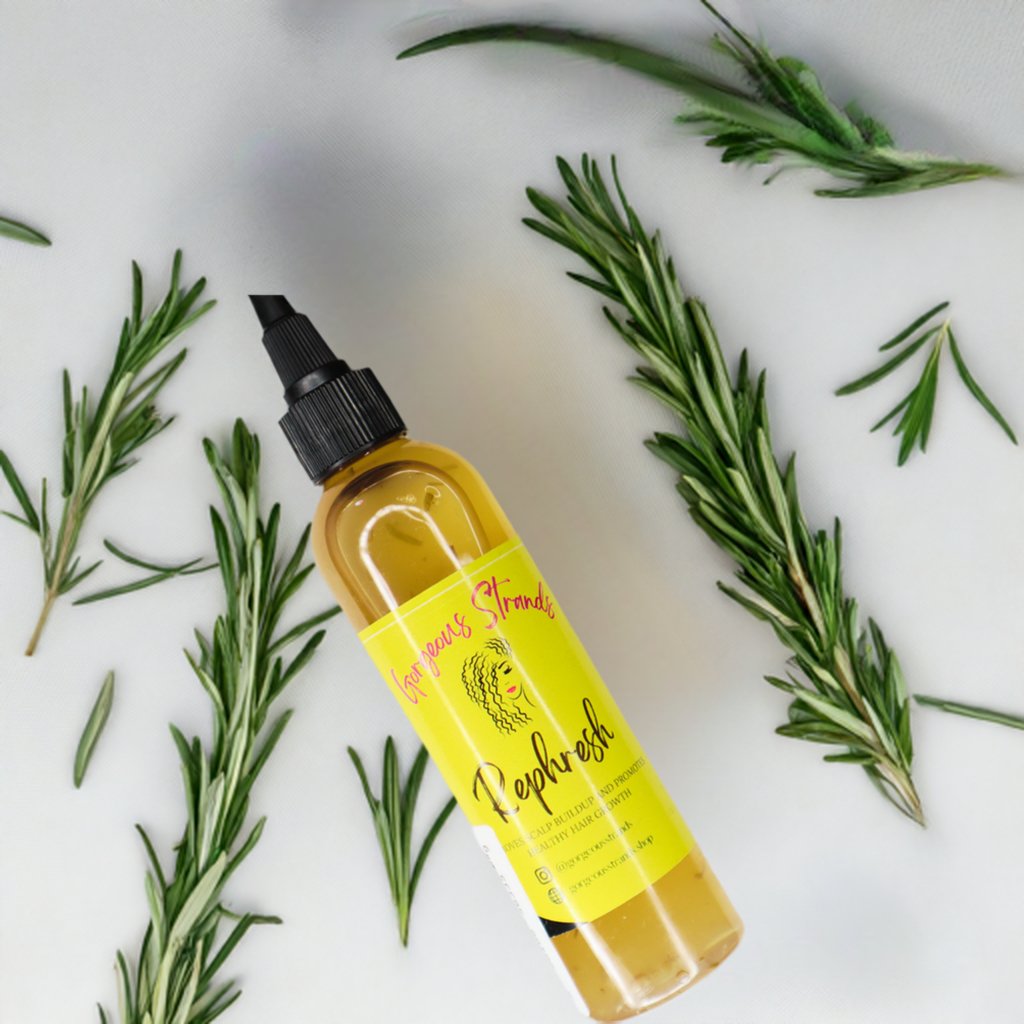


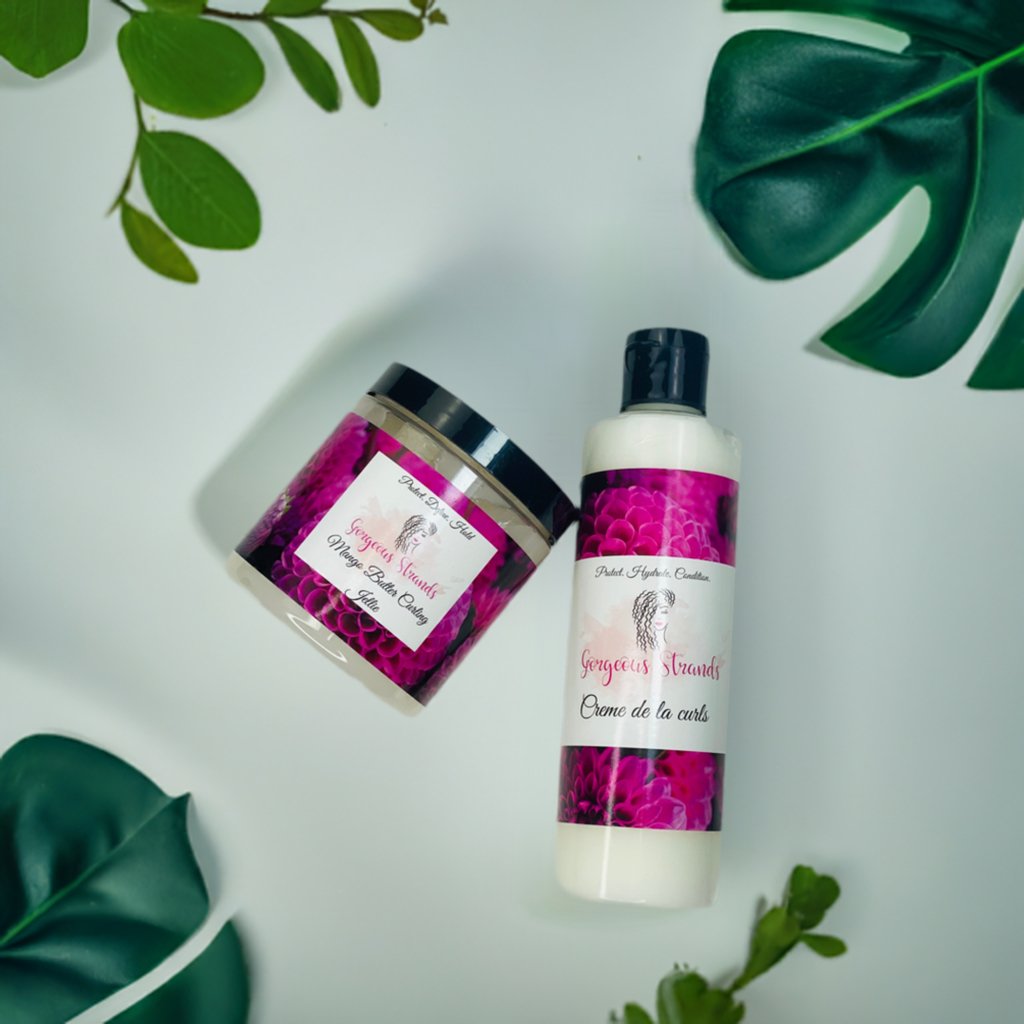
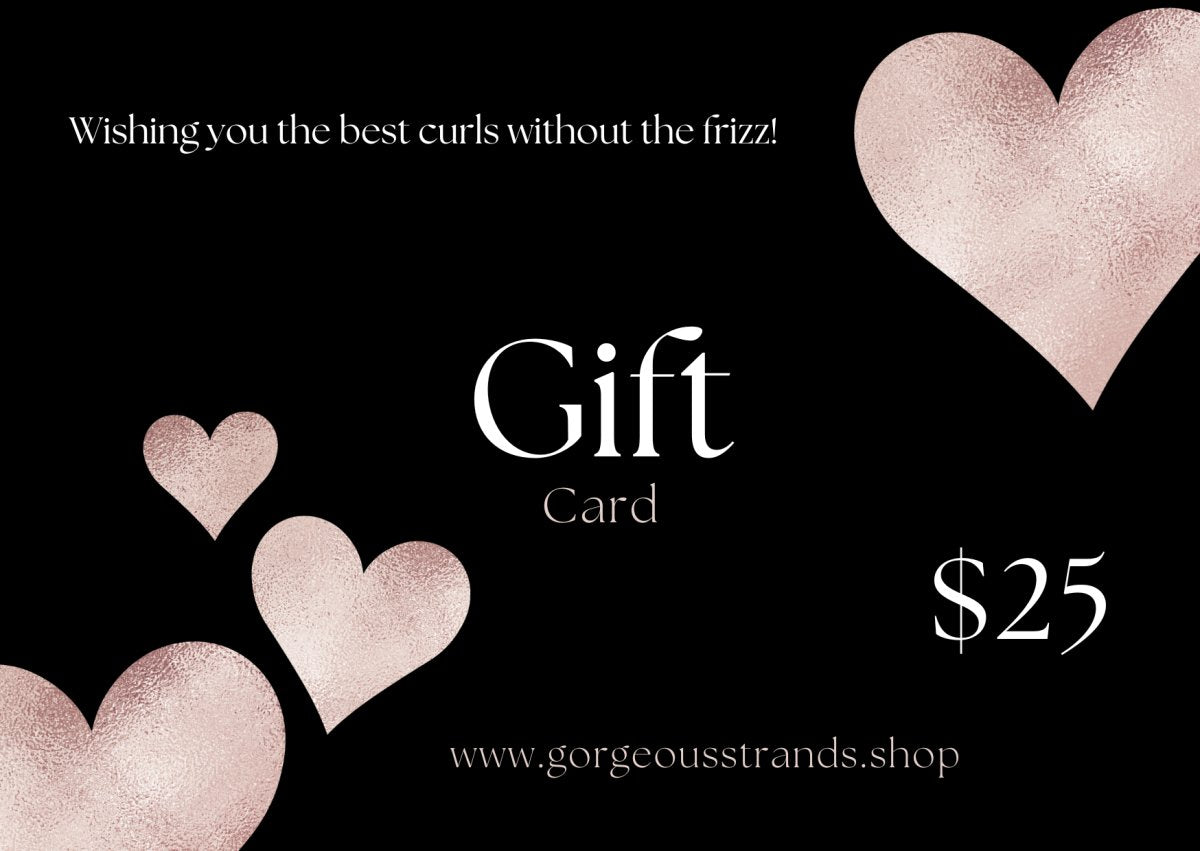
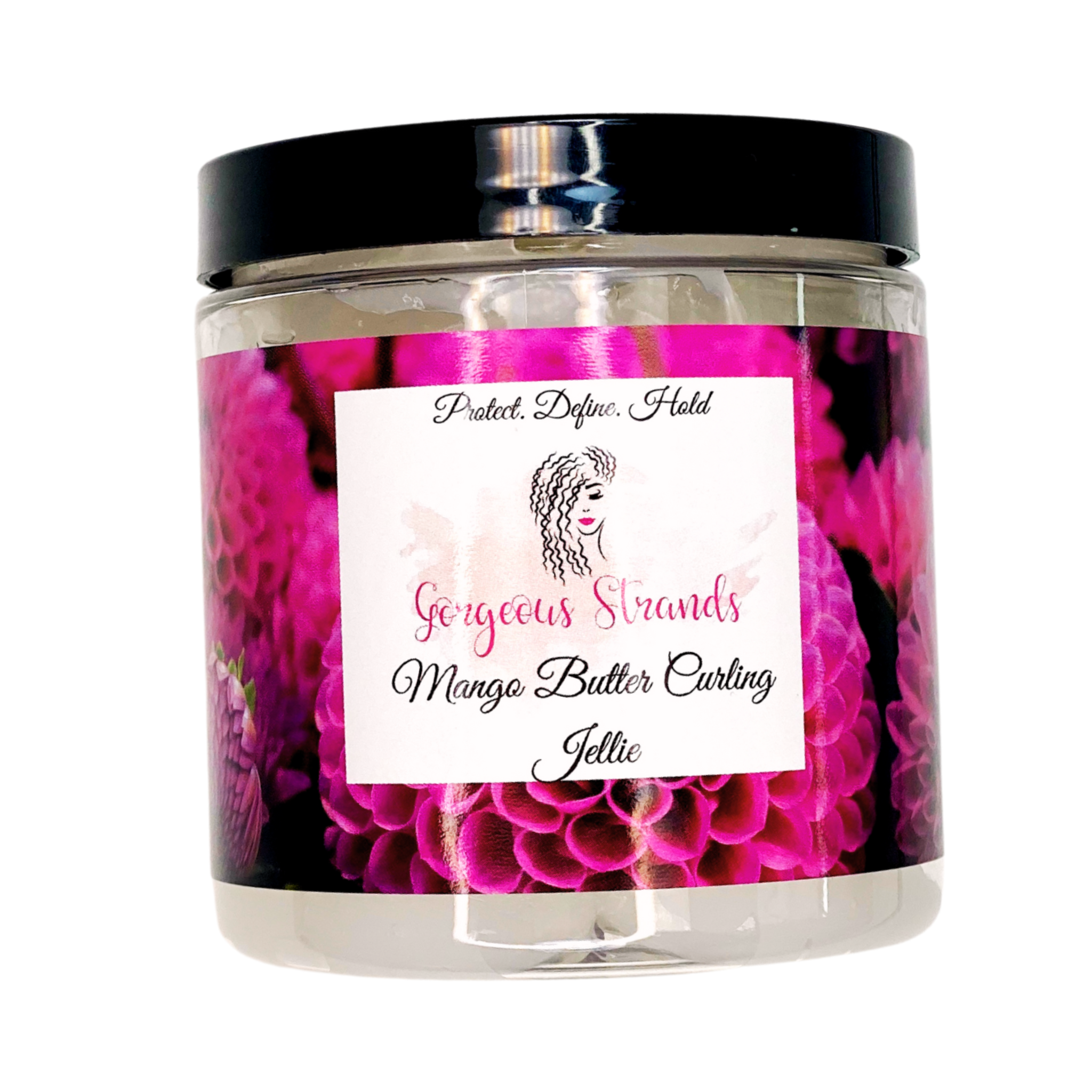
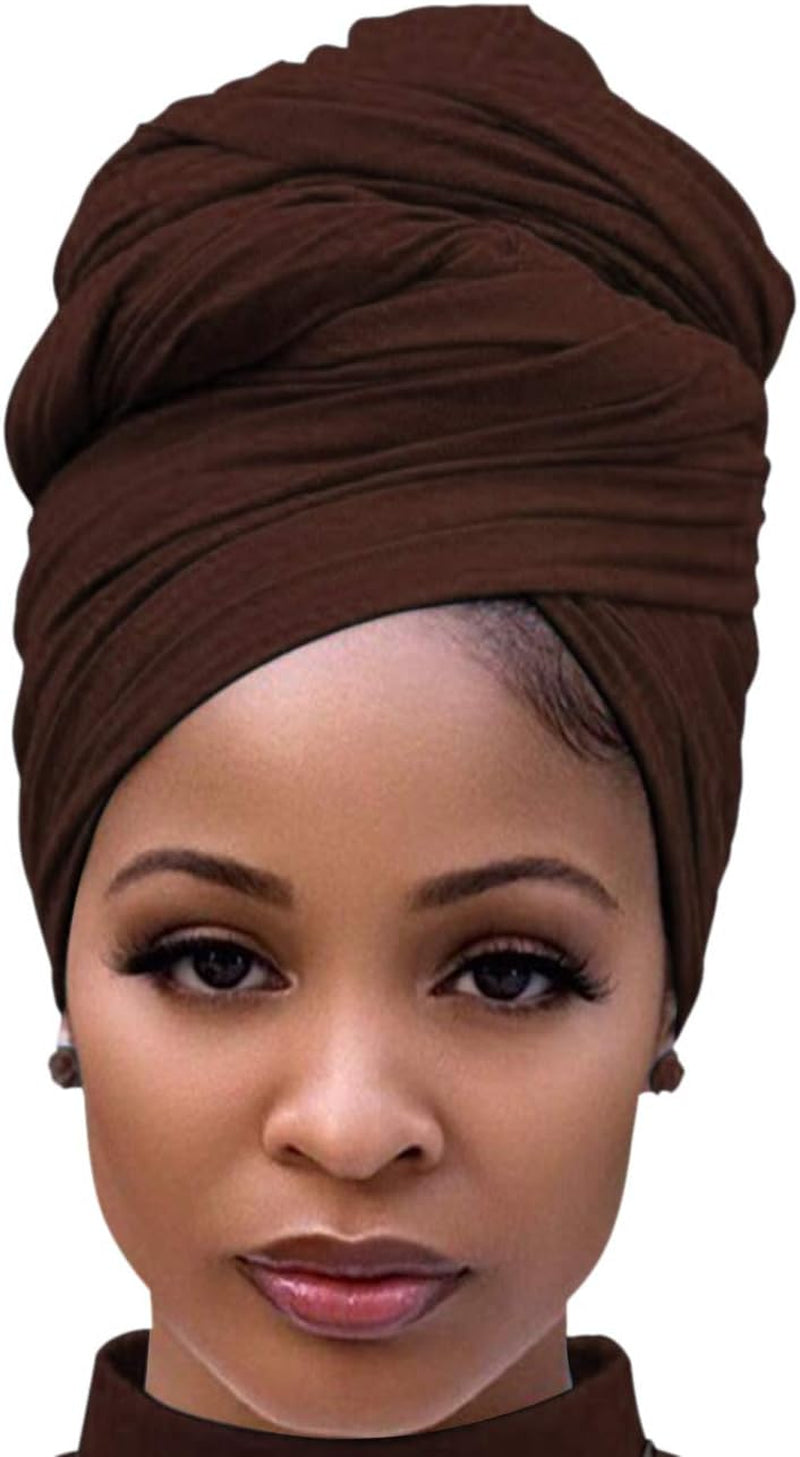
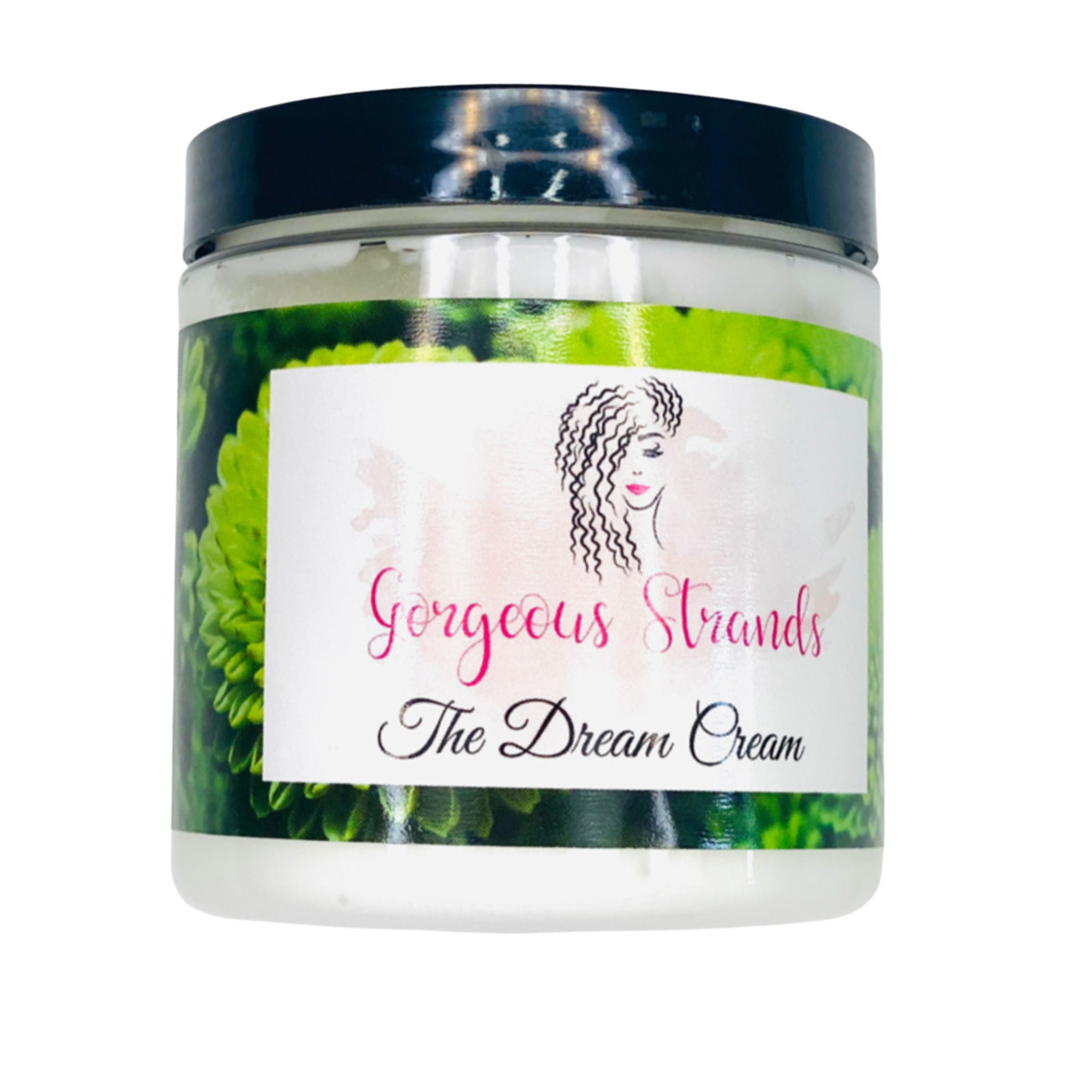
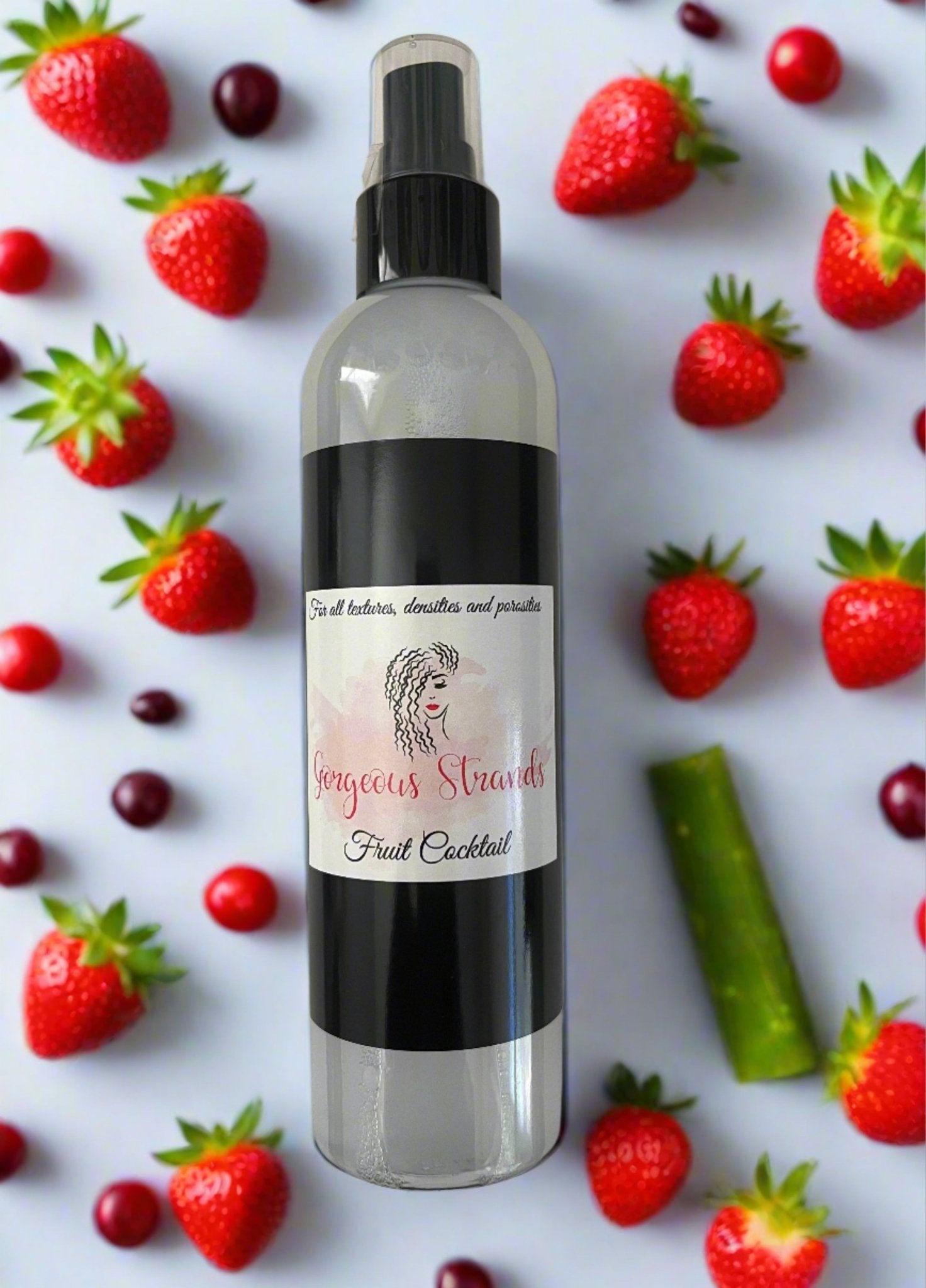
Comments